The spiritual meaning of the cobra is a powerful symbol that holds deep significance in various cultures and spiritual practices. Throughout history, the cobra has been revered as a symbol of transformation, protection, and enlightenment.
The Symbolism of the Cobra
The cobra represents the cycle of life and death and is often associated with rebirth and resurrection. Its ability to shed its skin and emerge renewed and revitalized makes it a potent symbol of transformation. Just as the cobra sloughs off its old skin, we too can shed our limiting beliefs and behaviors to embrace personal growth and spiritual evolution.
The cobra is also a symbol of protection and guardianship. In many ancient civilizations, including ancient Egypt, India, and China, cobras were associated with deities and were believed to possess protective qualities. The power and fierceness of the cobra’s venomous bite made it a formidable guardian against evil spirits and negative energies.
The cobra’s raised hood is often seen as a representation of expanded consciousness. When a cobra feels threatened, it will raise its hood and display its iconic hood markings. This stance is not only a warning to potential predators but also a visual representation of awareness and heightened perception. The cobra invites us to awaken our own inner wisdom and intuition, encouraging us to see beyond the surface and delve into the depths of our spiritual journey.
The cobra’s association with the divine feminine is another aspect of its spiritual symbolism. In many cultures, the serpent is linked to goddesses such as Isis, Kundalini, and Nagini. These goddesses embody feminine energy, creativity, and the transformative power of the universe. The cobra serves as a reminder of the sacred feminine within each of us, urging us to embrace our intuition, nurturing qualities, and connection to the divine.
The Spiritual Meaning of Cobra in Different Cultures
Throughout various cultures, the cobra holds unique spiritual meanings and interpretations:
Ancient Egypt:
In ancient Egypt, cobras were associated with the goddess Wadjet, who was often depicted as a cobra or as a woman with a cobra’s headdress. Wadjet represented protection, royalty, and divine authority.
Hinduism:
In Hinduism, the cobra is closely linked to Lord Shiva. It is believed that Shiva wears a cobra around his neck, symbolizing his control over life and death. The cobra also represents Kundalini energy, a primal force said to reside at the base of the spine, which, when awakened, leads to spiritual enlightenment.
Chinese mythology:
In Chinese mythology, the White Snake, also known as Bai Suzhen, is a powerful spirit represented as a snake-like creature. The White Snake embodies wisdom, immortality, and the quest for spiritual growth.
The Healing Power of Cobra Symbolism
Embracing the spiritual meaning of the cobra can bring profound healing and transformation to our lives. By recognizing the cyclical nature of existence and the power of rebirth, we can release old patterns and emerge as our authentic selves. The protective energy of the cobra offers us a sense of security and strength in navigating life’s challenges.
Embodying the expanded consciousness symbolized by the cobra’s raised hood allows us to tap into our inner wisdom and intuition, guiding us towards greater self-awareness and enlightenment. By embracing the divine feminine qualities associated with the cobra, we can reconnect with our nurturing and creative nature, finding balance and harmony within ourselves and our relationships.
In conclusion, the spiritual meaning of the cobra resonates deeply with transformation, protection, expanded consciousness, and the divine feminine. As we explore the symbolism and significance behind this powerful creature, we are reminded of our own innate potential for growth, resilience, and spiritual awakening.
Unveiling the Spiritual Meaning of the Cobra: A Symbol of Transformation and Healing
The cobra is a powerful symbol in spiritual meaning, representing transformation and healing. The cobra holds great significance in many ancient cultures and religions, such as Hinduism and Buddhism.
In Hinduism, the cobra is associated with Lord Shiva, the god of destruction and creation. Lord Shiva is often depicted with a cobra coiled around his neck, symbolizing his control over the forces of life and death. This image represents the transformative power of the divine, as well as the idea that destruction is necessary for new beginnings.
In Buddhism, the cobra is seen as a symbol of awakening and enlightenment. Just as the snake sheds its skin, Buddhists believe in the concept of shedding our old selves and attachments to achieve spiritual growth. The cobra is often depicted with its hood raised, symbolizing awareness and the ability to see beyond the illusions of the physical world.
The cobra also represents healing and protection in spiritual contexts. In ancient Egypt, the cobra was associated with the goddess Wadjet, who was believed to protect the pharaoh and bring healing and renewal. The cobra’s ability to strike with precision and speed is seen as a metaphor for the power of healing and transformation.
In conclusion, the cobra holds deep spiritual meaning as a symbol of transformation, healing, and protection. Its presence in various ancient cultures and religions underscores its importance in the realm of spirituality.





